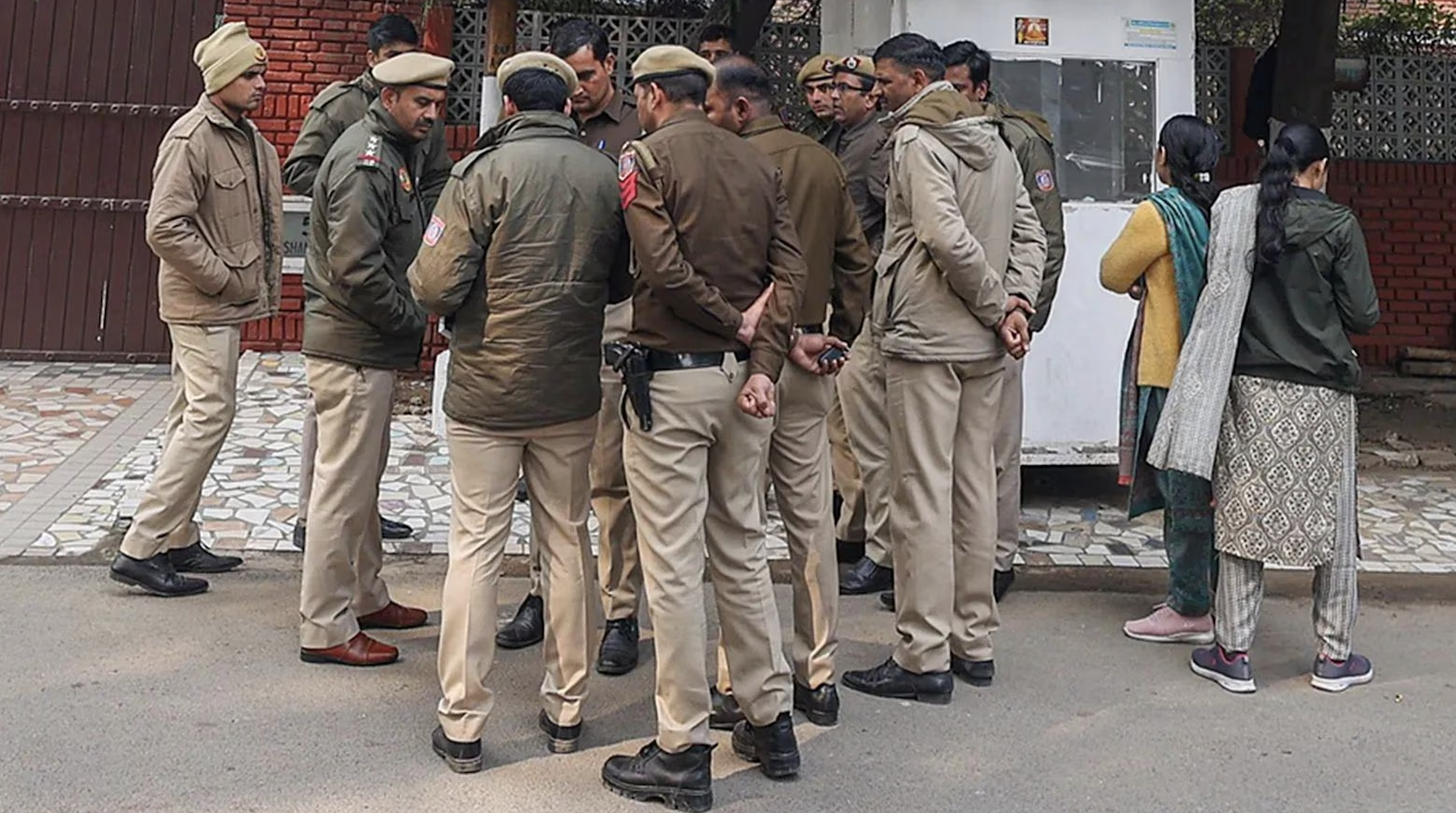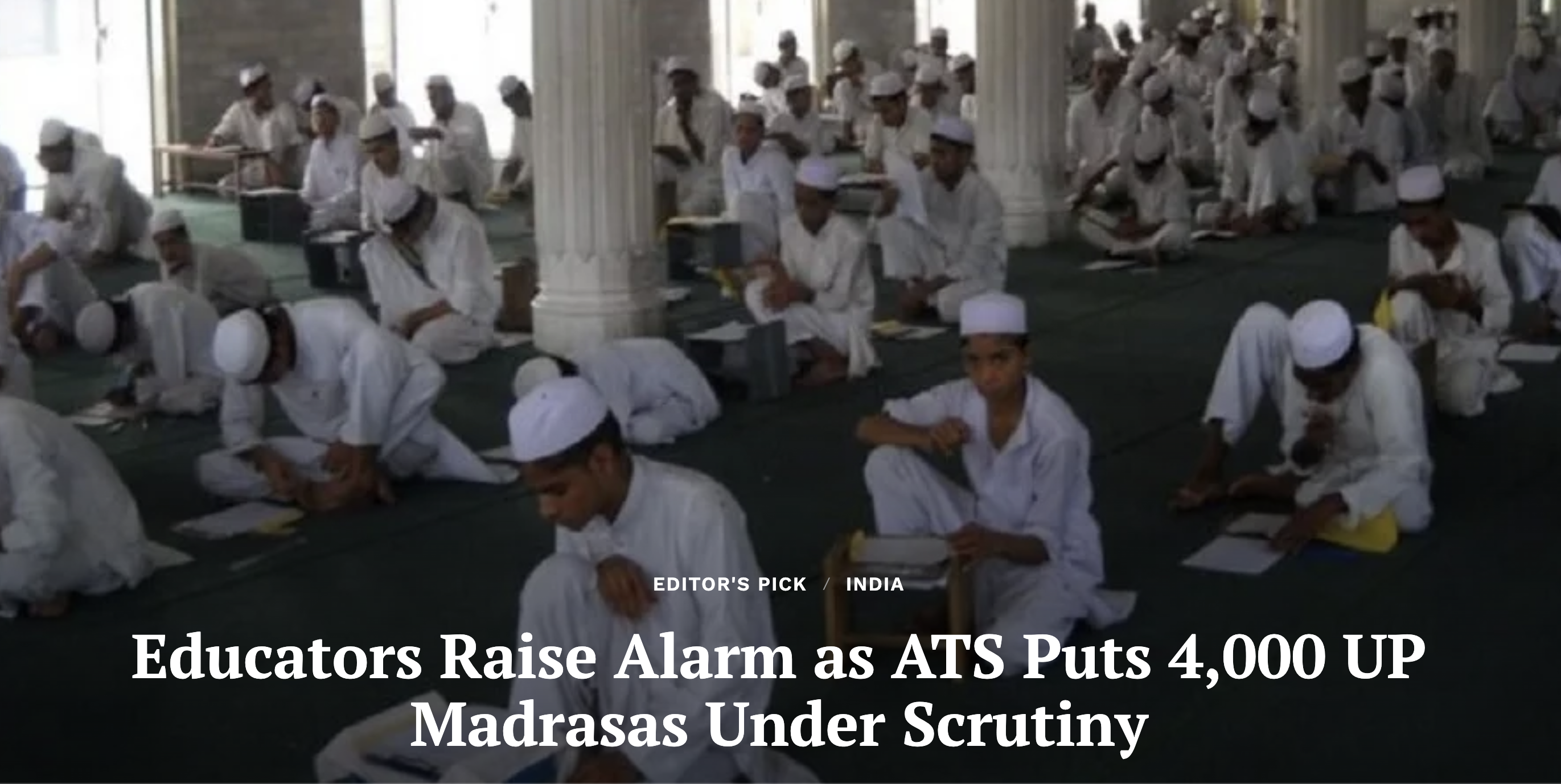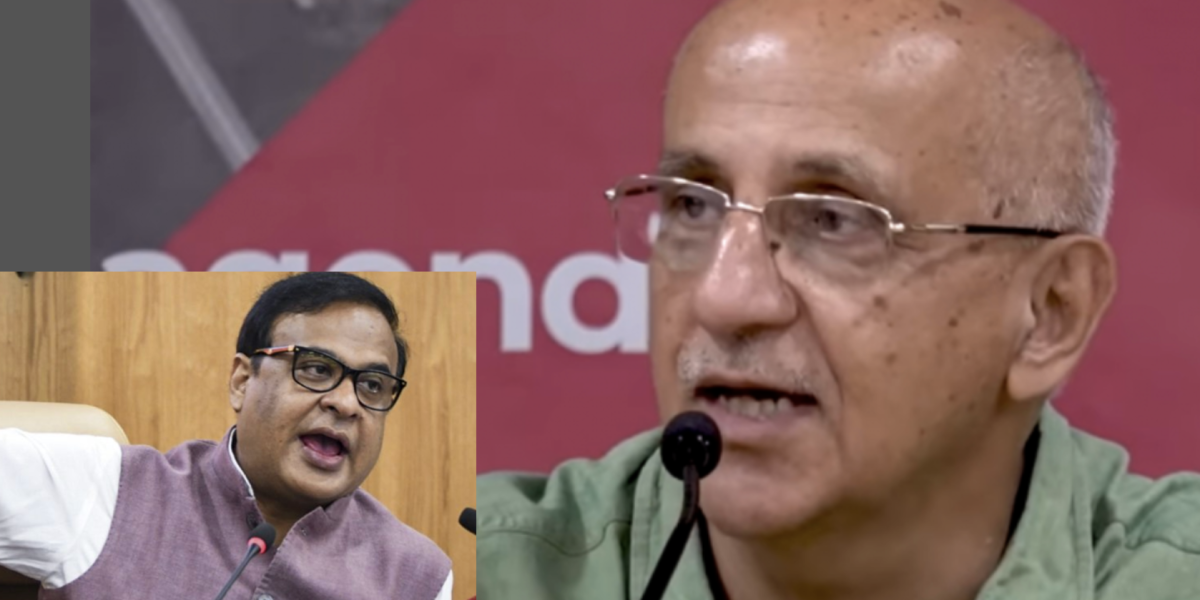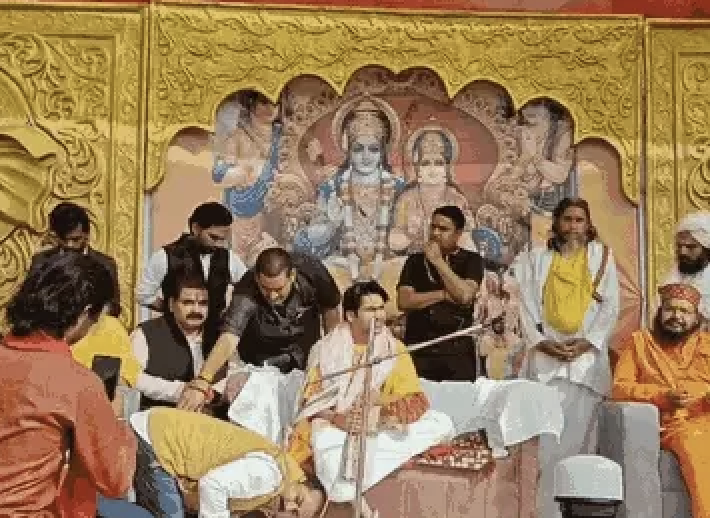
As far as Indian Prime Minister Narendra Modi is concerned, Kashmir is little more than a film set. A few days after New Delhi dispatched tens of thousands of soldiers to Kashmir; put the region under a lockdown and a communications blockade; arrested hundreds of prominent Kashmiris; unilaterally revoked Article 370, the constitutional provision guaranteeing autonomy to Indian-administered Kashmir; bifurcated the state of Jammu and Kashmir; and downgraded it from being a state to a federally administered union territory, Modi gave his first public speech about the former state. In it, he blamed all of Kashmir’s ills on its autonomy, promised development, and foresaw a future where not just Bollywood, but international films would be shot in Kashmir. Oh, and there would be some shawl-making, too.
Modi is not unique in his understanding of Kashmir as a film set where the Kashmiris have walk-on parts as extras, and where Indian fantasies are projected onto its exotic otherness of “fair women,” beautiful mountains, walnuts, and apples. In film and literature, Muslim-majority Kashmir has always been India’s Oriental “other,” loaded with fantasies of beauty and cruelty as surely as any Ottoman harem in the fervid imagination of Europeans. In this framework, Indians must develop Kashmir the way it wants, Indians must liberate Kashmiri women and protect minorities, and Kashmiri consent matters little. Indeed, in the last few days, Bollywood filmmakers have rushed to register titles of films such as Dhara 370 (Article 370) and Kashmir Hamara Hai (Kashmir Is Ours). Several far-right political leaders, activists, and supporters have publicly expressed their fantasy about the ease of getting “fair Kashmiri women” for Indian men.
In all these Indian fantasies, the reality and precarity of Kashmiri lives are completely ignored. Kashmiris live with the reality of heavy militarization; occupation of land; the draconian powers of the security forces that can kill, blind, torture, or disappear individuals with impunity; demonization of Kashmiri students in Indian cities as security threats; and humiliation of Kashmiris in Indian media for being insufficiently grateful to Indian largesse. Yet, we also witness dignity, social solidarity, communal spirit, and resistance in ever day life in Kashmir, and this resilience comes from knowing that Kashmir is not dependent on India, it is India that is dependent on Kashmir—and hence persists with occupation despite its costs.
The recent Indian move aims to crush the spirit of resistance and resilience of Kashmiris in the name of development. There’s a word for supposed development that comes with assumed moral superiority and economic rationality, in the shadow of the gun, with no input from the people affected, and based on the fantasies of a foreign power. That India claims to be a post-colonial democracy does not change this fact—no colonial venture in contemporary times has dared name itself as such. Kashmiris are claimed in the name of democracy and further colonized in the name of development.
Kashmiris are claimed in the name of democracy and further colonized in the name of development.
This isn’t the first such step. Go back only a little, and you’ll see repeated cycles of brutal suppression of Kashmiri aspirations. The use of Kashmiri civilians as human shields and the blinding of Kashmiri protesters using pellet guns in 2016 and 2017. Kashmiris being presented with a bill for flood rescue in 2014. Indigenous uprisings seen solely through the lens of Pakistan-backed terrorism in 2010.
Go back further, and there’s the torture, mass rapes, and enforced disappearances of the 1990s, the imposed divisions along religious lines of the late 1980s, and the electoral interference, removal of leaders, and erosion of autonomy in the 1950s to 1980s—all stemming from the denial of a promised plebiscite as far back as 1947. Of course, it is also possible to see the continuity of Indian colonial policy with British colonial policy by going back to the 1846 Treaty of Amritsar through which the British sold the territory along with its inhabitants to unrepresentative and repressive Dogra rulers. As I have said before in my work, almost every narrative on Kashmir is sown with the land mines of vested interests, and the political history of Kashmir is selectively told.
Some might contest the specifics of this narrative. But it cannot be denied that as of Aug. 15, 1947, as its neighbors in Pakistan and India became independent, Kashmir belonged to neither of these two post-colonial entities—and that’s the root of the problem. The future of Kashmiris, themselves with divided and complex ethnic and religious affinities, was decided by a colonial power on terms supposed to be honored by two newly sovereign political entities. These states first occupied and divided the territory and have since then periodically, and often with no concern for the Kashmiris themselves, fueled their toxic nationalism and denied their right to self-determination as well as their basic human rights.
The international community must adopt a new way of thinking on Kashmir—thinking up from the issues of the Kashmiris themselves, rather than thinking down from the vicious cycle of the India-Pakistan rivalry. A peaceful and just resolution can only be possible by involving the Kashmiris themselves. This isn’t easy, because ever more, the post-colonial diasporic right-wing Hindus can be vocal about the rights of minorities in the West but are often supremacists back in their countries of origin.
Soon, Pakistan and India will celebrate their independence days. Though they have different emphases, neither of these is a de facto liberal democracy, both having successfully used majoritarian nationalism for state transformation. The idea of India as a secular democracy with enshrined constitutional principles is anathema to the Hindu nationalists whose ideological parents looked up to the Nazis for the inspiration of a pure nation. Many of their supporters are quite vocal about the fact that they will not let go of Kashmir, even if it means annihilating the Kashmiris themselves.
They have successfully weaponized the exodus of the Kashmiri Pandit, Kashmir’s Hindu minority, from the valley in 1989 as not being about communalism, religious divisions among Kashmiris, anti-minority violence, or a state that failed different kinds of Kashmiris, but being about Hindu persecution, existential Islamic barbarism, and Pakistani machination. Instead of requesting judicial inquiries into violence, rapes, massacres, and losses of both Kashmiri Muslims and Kashmiri Pandits, or addressing the conflict in order to move toward a just peace that would enable Kashmiri Pandits to return to their homes and Kashmiri Muslims to find justice, they want Kashmir to be a rallying point for a Hindu nation.
This latest move does not serve Indians, Kashmiri Pandits, or anyone other than the Modi-led Bharatiya Janata Party (BJP), backed by the far-right Rashtriya Swayamsevak Sangh (RSS) paramilitary and their supporters and crony industrialist backers. It makes Indians less secure and makes the future of Pandits ever more uncertain and hostage to circumstances. It will result in further uprising, violence, and deaths, hurt India’s international credibility, and put another nail in the coffin of the idea of India as a secular democracy.
India’s policymakers know these consequences but decided to go ahead anyway so as to deny the political nature of the dispute and label all opposition to their actions as “anti-national.” Their actions amount to a constitutional coup in Kashmir by the ruling BJP and its ideological backers, the RSS. This project of violent and coercively enforced Hindu supremacy moves India ever more toward the early years of fascism.
If you think that this is an exaggeration, please remember that what is happening in India is not the usual subversion of democracy through totalitarian means but an ideological project with mass support, backed by a powerful RSS that has millions of members throughout the country and branches in every organization and profession. One of their cherished dreams is the idea of “Akhand Bharat,” a greater India that includes what are now neighboring countries, from Pakistan to Bangladesh. Those of us speaking against it today, including myself as a non-Muslim Kashmiri woman writer and academic, can only keep drawing attention to what is unfolding.
When Kashmiris on the street refer to India, they speak of zulm (injustice) and lanath (shame): the cruel and violent tyranny of Indian rule, which is cursed for its open disgrace and moral foulness. If Indians do not challenge the possessive fantasies and dehumanizing practices of their government, it won’t be long before they find themselves the residents, willing or otherwise, of a Hindu supremacist colonial democracy.






